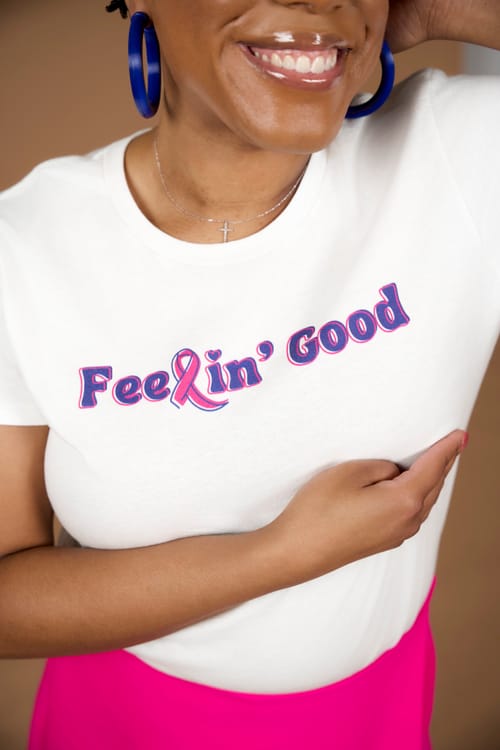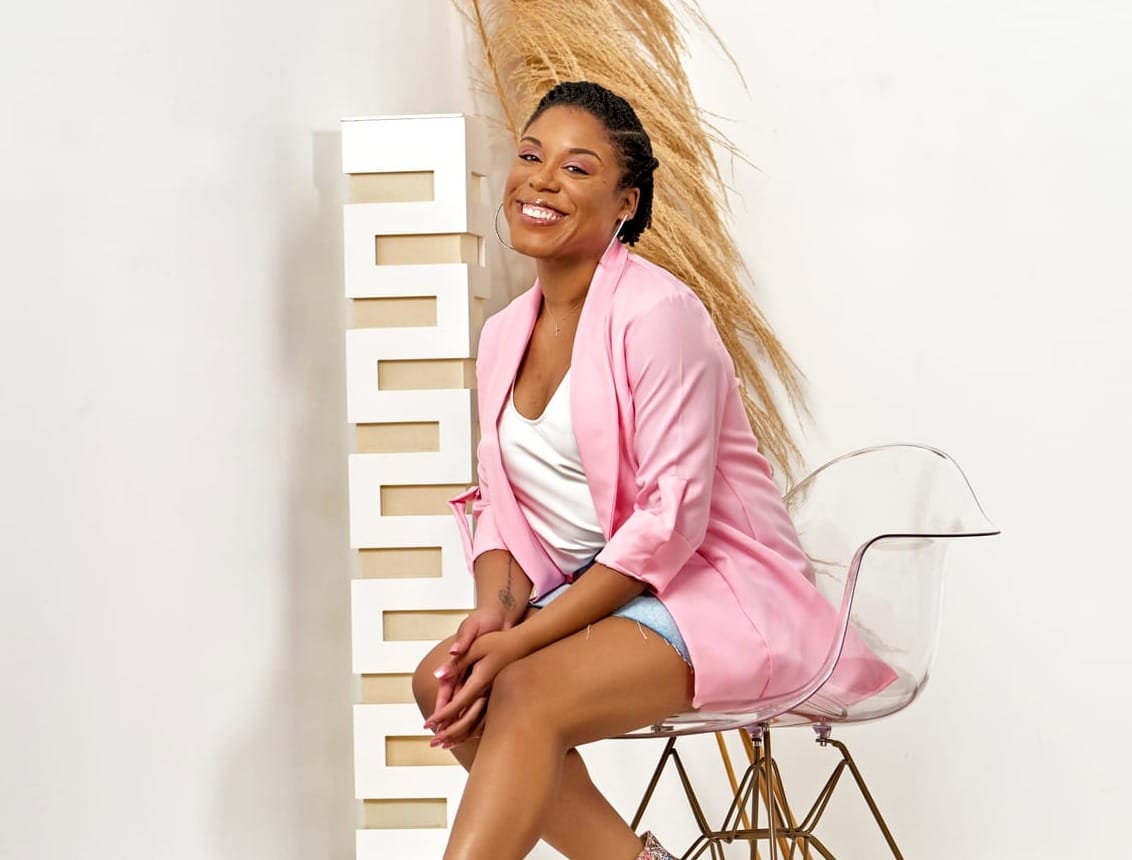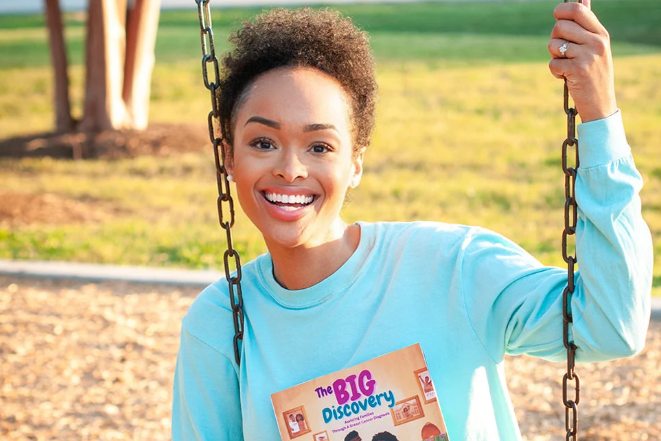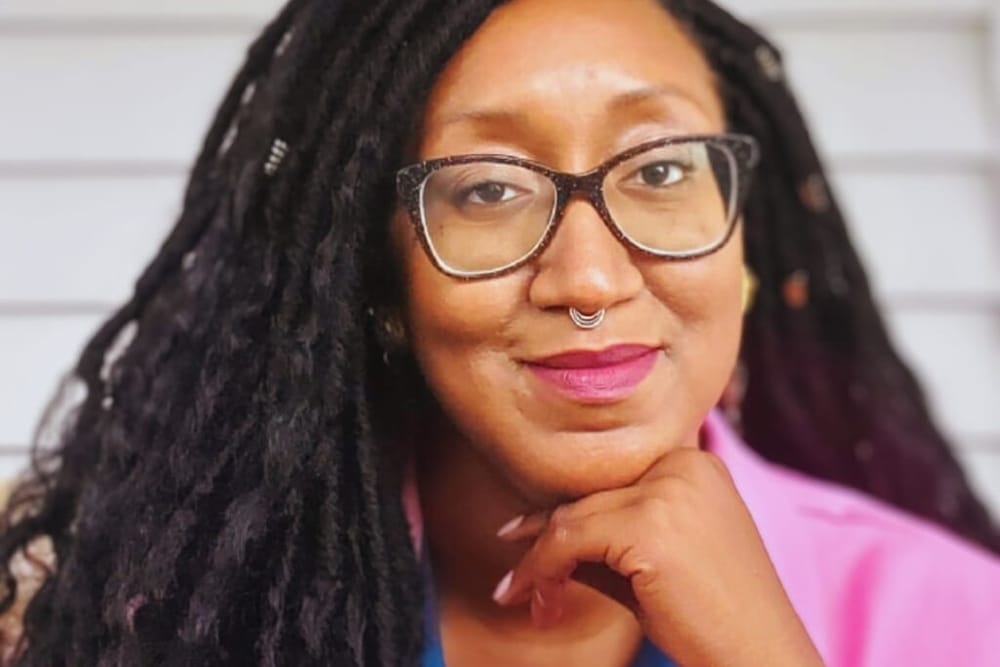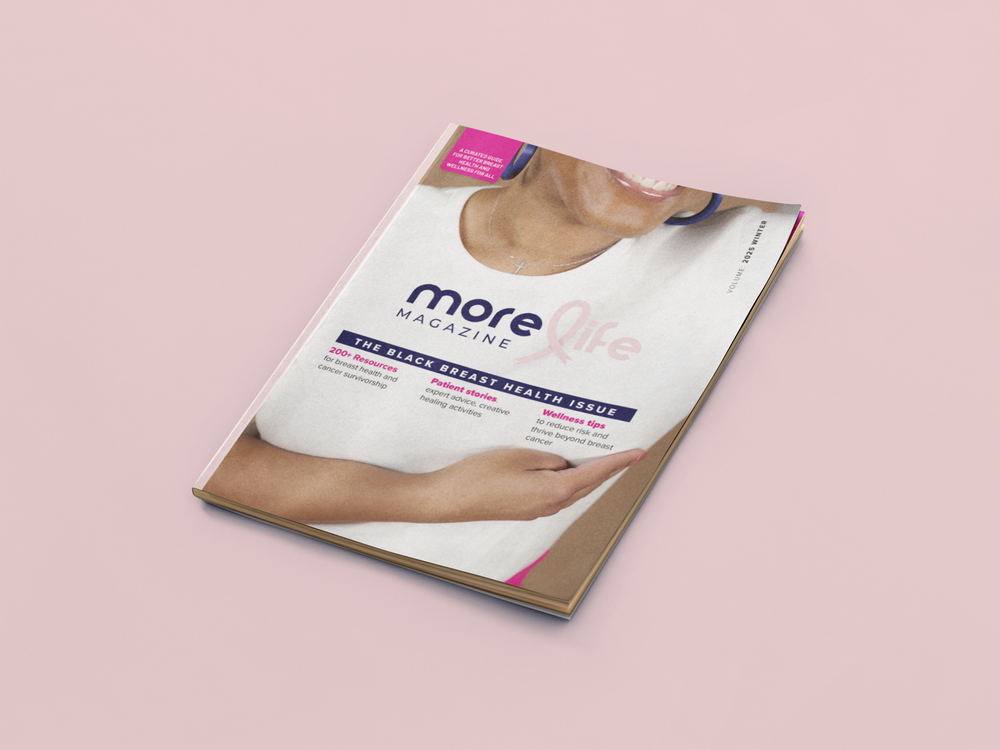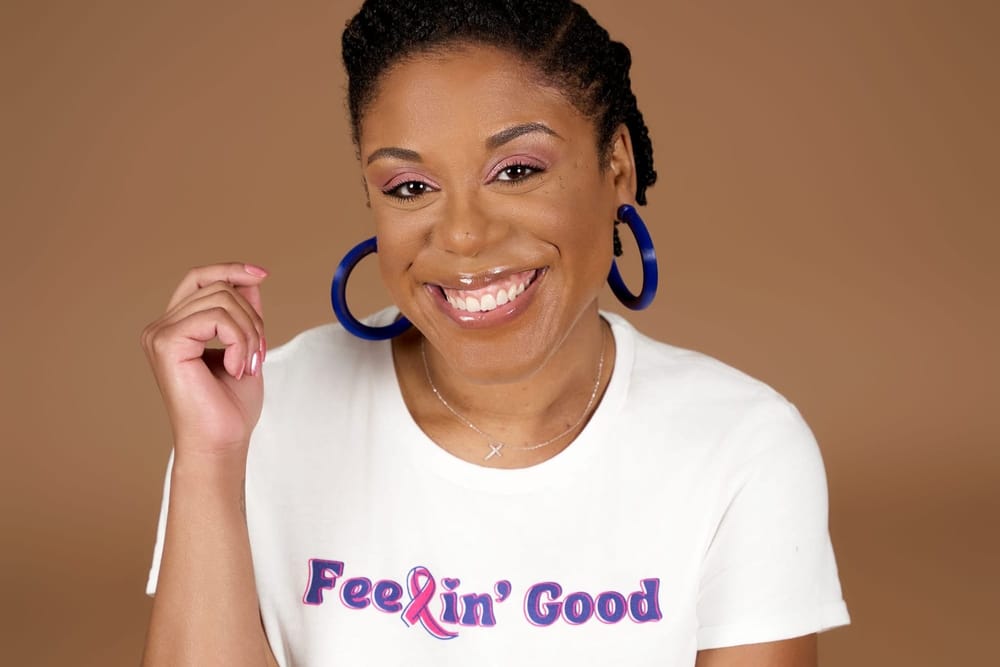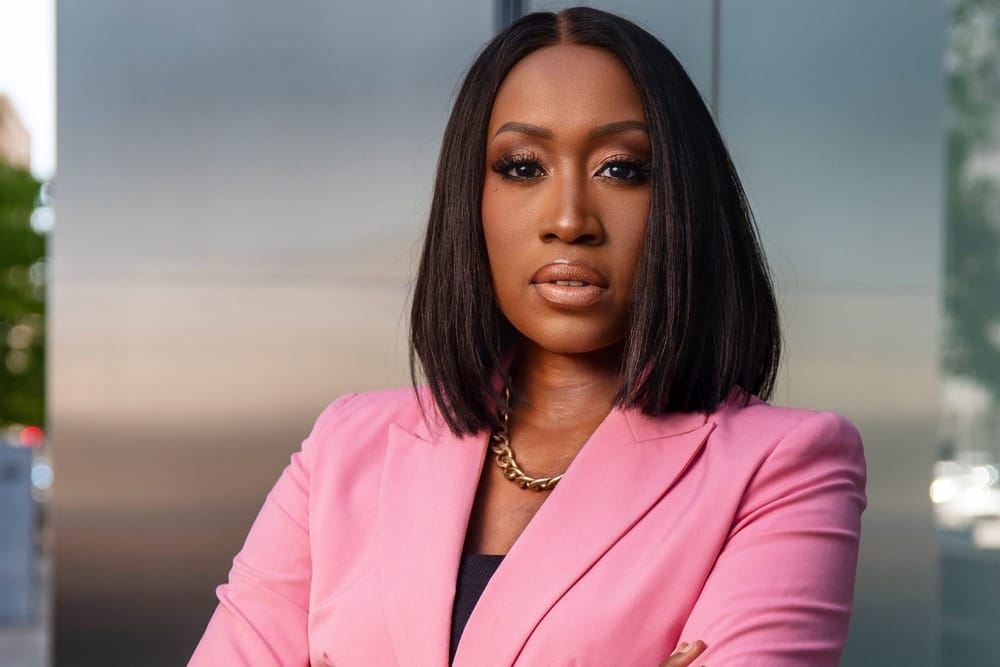Written By Ashley Dedmon
Caregiving is a role that many people find themselves suddenly thrust into. I became a caregiver at the age of 18. As I was starting my college journey with a full volleyball scholarship, my world was turned upside down with my mother’s stage four metastatic breast cancer diagnosis.
Like most teens at this time in their lives, I was eager to embrace independence and explore new opportunities, but my priorities shifted drastically. The time I spent with my mother during her illness was not a sacrifice, but a blessing. I never saw it as missing out on my college experience; rather, it was a precious opportunity to be with her, to honor her, and to support her in every way I could.
Honoring my mother as her caregiver
I remember the moment I decided to serve my mother as her caregiver. I was at volleyball practice, pushing through the weekend drills, when the Holy Spirit came over me and I asked myself "What are you doing here? You should be at home." The decision to quit volleyball and focus on my mother’s care was instantaneous. It wasn’t a difficult choice because, in that moment, nothing mattered more than being with her.
Most of my father’s weekends were consumed by his job as a high school football coach. I wanted him to focus on his job while I took care of my mom because he was the sole provider at the time. I spent Fridays at her chemo sessions, staying with her while my dad worked. The relief he felt knowing that I was there, caring for her, allowed him to focus on his responsibilities without worry.
Caregiving for my mother involved many tasks—accompanying her to chemo, picking up food, running errands, and simply lying in bed with her, watching TV or talking about life. As her illness progressed, my role expanded to helping her with basic necessities like bathing and using the restroom. These were moments of deep connection where I could honor her in the most intimate ways.
Cancer affects the whole family
But caregiving wasn’t just about my mother; it also meant caring for my father, who was struggling with his own grief. Shortly after my mother passed away, my father was diagnosed with prostate cancer. His diagnosis felt like another blow, as if cancer was intentionally targeting my family. I was just about to graduate from college, but I knew I needed to move back home to help him through his own journey. His health improved after treatment, and today, he is a thriving prostate cancer survivor.
The emotional and mental toll of caregiving is significant. For me, grieving was a delayed process, overshadowed by the immediate need to support my father and navigate my own fears about my health. The weight of caregiving can lead to a range of emotions, including anger and frustration. Only recently have I realized how much resentment I harbored towards cancer for tearing my family apart. This emotional journey is ongoing, as the experiences of caregiving continue to shape who I am.
Being a caregiver taught me the importance of self-education. Both of my parents were educators, and I followed in their footsteps, becoming a teacher for 10 years. In this role, I learned to ask the right questions and seek out the information I needed to protect my own health.
Having a BRCA2 gene mutation makes me more likely to develop breast and other cancers. So, in December 2016, I chose to have a bilateral prophylactic mastectomy or double preventative mastectomy, after years of early breast cancer screening. This preventive surgery was a response to my high genetic risk, considering my family’s history of breast and related cancers on both sides.
Making tough conversations easier for kids
During my recovery, I struggled to explain my surgery to my 2-year-old daughter. I realized there were few child-friendly resources for high-risk, undiagnosed individuals like myself. This gap inspired me to write “The Big Discovery,” a children’s book to help families navigate the difficult conversation about breast cancer.
“The Big Discovery” addresses the information gap for Black families facing a breast cancer diagnosis, offering culturally relevant resources. It includes stories from Black mothers, conversation starters, and educational activities, empowering families to face this challenge together.
As a mom, educator, author, and public health professional, I recognize the importance of health education tailored to Black and brown children. By providing resources that reflect their identities, we can bridge gaps in knowledge and promote health equity. I’m grateful to my parents for their openness and the safe space they provided during their cancer journeys, allowing me to cherish our time together. Additionally, I have authored “The Big Family Trip” to encourage families to discuss health history, empowering informed lifestyle and medical decisions.
Words of wisdom for caregivers
My mother’s passing was incredibly difficult and continues to be. My faith in Jesus, my family, friends, and bibliotherapy helped me navigate the grief that followed. Bibliotherapy, or therapeutic storytelling, uses literature to help individuals cope with emotional challenges. For me, it provided comfort, encouragement, and a way to process my emotions.
For young caregivers, my advice is simple yet vital: It’s not your fault. You didn’t cause the diagnosis, and while you can’t cure the illness, you can offer love, support, and presence. It’s equally important to have someone who can care for you—a caregiver for the caregiver.
There will be times when you need to step back, take a mental and emotional break, and check in with yourself. I learned that I couldn’t take my mother’s actions personally when she tried to push me away; it was her way of protecting me from the pain of watching her slowly die. In those moments, I had to love her even more fiercely.
My fellow caregivers, don't be afraid to ask for help. Whether it’s from family, friends, church members, coworkers, or the community, it’s okay to reach out and accept support. Caregiving is not a solitary journey; it’s a collective effort that can bring strength, comfort, and healing to both the caregiver and the one receiving care.
We want your feedback!
Did you learn something helpful or find a new resource? Tell us how we're doing by completing a short 5-question survey and get the chance to win a $25 Amazon gift card.
Take the Survey